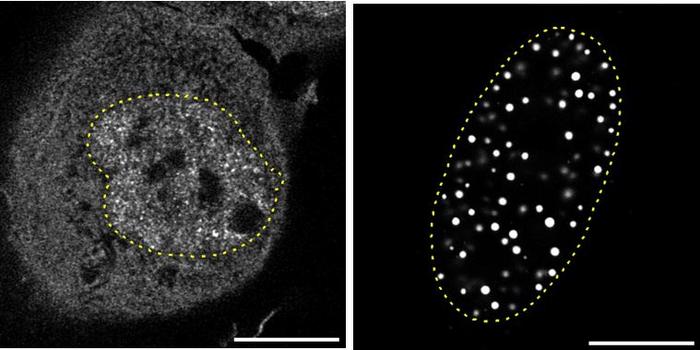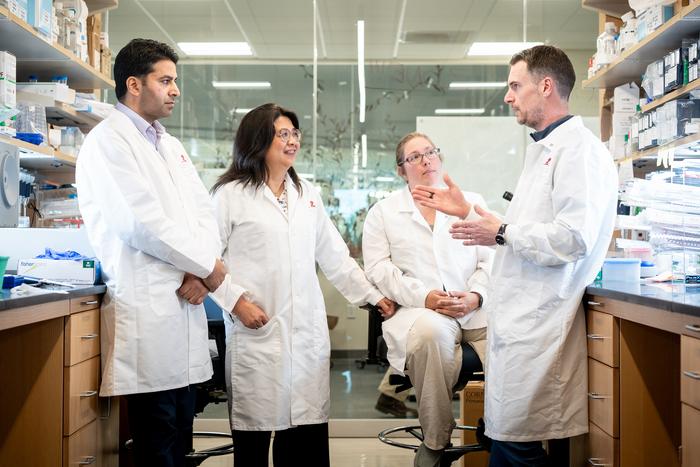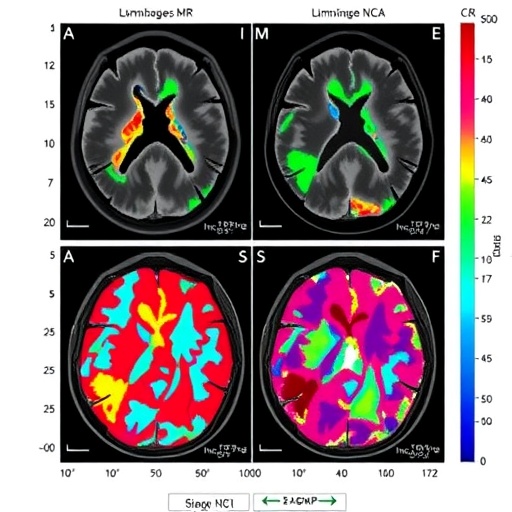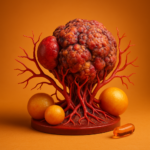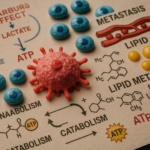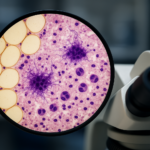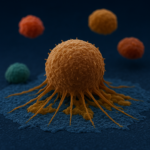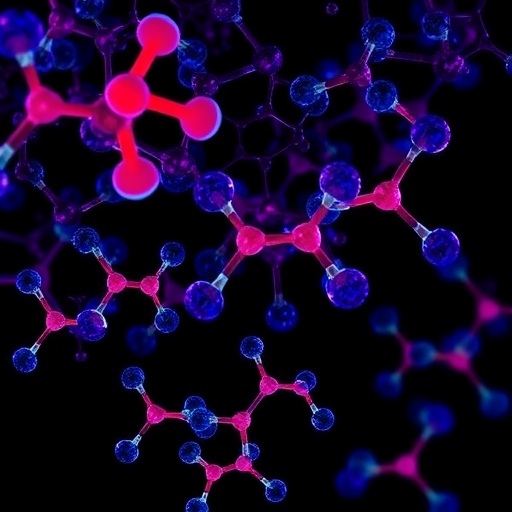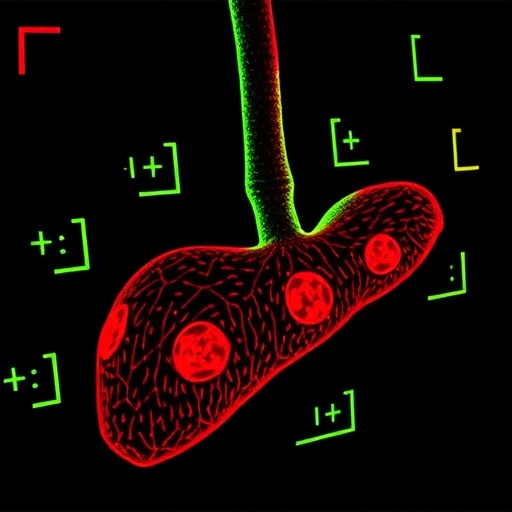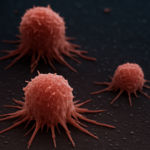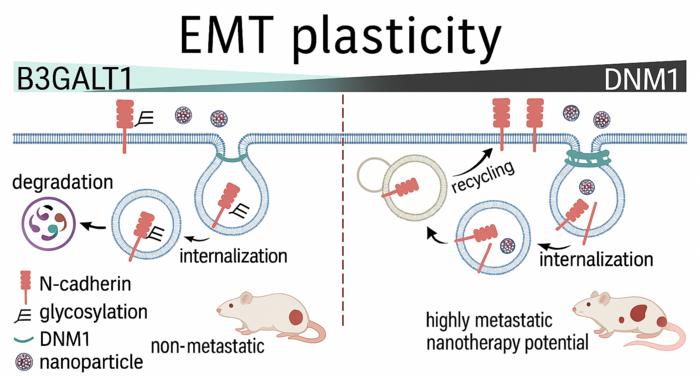Now Reading: Nijerya Yöresel Bitkilerinin Antikanser Mekanizmaları
-
01
Nijerya Yöresel Bitkilerinin Antikanser Mekanizmaları
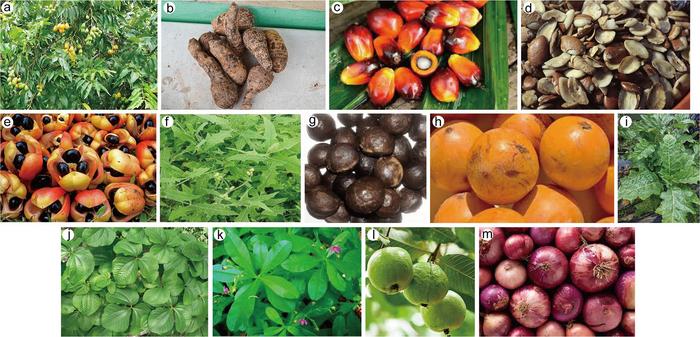
Nijerya Yöresel Bitkilerinin Antikanser Mekanizmaları
Cancer remains a formidable global health challenge, claiming millions of lives annually and exerting an especially heavy toll in Nigeria, where the incidence and mortality rates for various cancers—including breast, cervical, prostate, and liver cancers—continue to escalate. Despite significant advances in conventional therapies such as chemotherapy, radiotherapy, and targeted treatments, there is an ongoing and urgent need to explore complementary and safer alternatives that could enhance treatment efficacy while minimizing adverse effects. Recent scientific exploration into Nigeria’s indigenous food plants reveals a promising treasure trove of bioactive compounds with potent anticancer properties, opening new avenues for integrative oncology.
In the context of Nigeria’s rich botanical diversity, several native plants have emerged as potential natural allies in the fight against cancer. These indigenous species are not only dietary staples but also reservoirs of phytochemicals such as flavonoids, alkaloids, phenolic acids, and terpenoids, compounds known for their pharmacological activities. Among these, plants like Spondias mombin, Xanthosoma sagittifolium, Elaeis guineensis (oil palm), Irvingia gabonensis (African mango), Allium cepa (onion), Blighia sapida (ackee), Dioscorea dumetorum (yam), Psidium guajava (guava), and Talinum triangulare (waterleaf) have attracted scientific interest for their multi-faceted mechanisms of anticancer action.
Spondias mombin, commonly known as the hog plum, is particularly rich in carotenoids and the flavonoid quercetin, both of which have demonstrated remarkable anticancer capabilities in preclinical studies. Quercetin is known to induce apoptosis—a programmed cell death mechanism crucial for eliminating malignant cells—while simultaneously inhibiting cancer cell proliferation. Furthermore, it modulates critical oncogenic signaling pathways such as PI3K/Akt and MAPK, which govern cellular survival, proliferation, and apoptosis. The anti-inflammatory properties of quercetin further suppress the tumor-promoting microenvironment, illustrating how this plant’s phytochemicals orchestrate a multi-targeted attack on cancer cells.
Another notable species, Xanthosoma sagittifolium, widely consumed as a leafy vegetable, exhibits potent anticancer effects specifically against leukemia cells. Its bioactive compounds, which include flavonoids and tannins, enact cytotoxic effects through the induction of apoptosis and cell cycle arrest. By halting the proliferation of cancer cells at defined checkpoints, this plant disrupts tumor growth dynamics. Additionally, it inhibits angiogenesis—the formation of new blood vessels essential for tumor nourishment and metastasis—thereby stifling cancer progression at multiple biological levels.
Elaeis guineensis, better known as the African oil palm, is globally recognized not only for its commercial value but also for its therapeutic potential attributed to tocotrienols, a subclass of vitamin E. Tocotrienols are powerful antioxidants that mitigate oxidative stress, a key driver of DNA damage and subsequent carcinogenesis. Experimental models demonstrate their ability to induce apoptosis in breast cancer cells and cause cell cycle arrest, effectively impeding tumor development. The antioxidative and pro-apoptotic properties signify a dual role in preventing and combating malignant transformations, positioning Elaeis guineensis extracts as promising complements to chemotherapeutic regimens.
Irvingia gabonensis, or African mango, is enriched with flavonoids and tannins whose biological activities transcend simple antioxidant capacity. These compounds drive apoptotic pathways in cancer cells and modulate complex metabolic and signaling cascades implicated in tumor survival and immune evasion. Notably, gallotannins in African mango seeds show robust anticancer activity by enhancing immune responses and regulating cellular pathways, providing a multifaceted blockade against malignancy. The immunomodulatory effects broaden the utility of Irvingia gabonensis in cancer therapy beyond direct cytotoxicity.
Allium cepa, the common onion, is a culinary and medicinal staple, containing organosulfur compounds, flavonoids, and phenolic acids with demonstrated anticancer activities. These phytochemicals operate by attenuating oxidative stress and inhibiting proliferation while enhancing apoptosis. Beyond direct tumor suppression, onions modulate detoxification enzymes and may circumvent multidrug resistance, a significant barrier in effective cancer treatment. This highlights their potential as adjuncts that could sensitize resistant cancer cells to chemotherapy.
Blighia sapida, or ackee, offers a unique bioactive profile characterized by flavonoids and phenolic acids that impede cancer progression. Its inhibitory effects on the ERK5 signaling pathway—a pathway increasingly linked to breast cancer development—suggest a targeted molecular mechanism for tumor suppression. Combined with antioxidative functions that protect genomic integrity, ackee’s phytoconstituents emerge as potent therapeutic agents warranting further pharmacological evaluation.
Similarly, Dioscorea dumetorum, a yam species indigenous to Nigeria, contains diosgenin, a steroidal saponin with significant anticancer efficacy. Diosgenin has been shown to inhibit tumor cell proliferation, induce apoptosis, and regulate crucial oncogenic signaling mechanisms such as NF-κB and MAPK pathways, both pivotal in cancer biology. The additional antioxidant and anti-inflammatory actions of yams complement their anticancer capabilities, reflecting the integrative therapeutic potential of this traditional food source.
Psidium guajava, commonly known as guava, utilizes tannins, flavonoids, and phenolic acids to exert its anticancer activity. Guava leaves have been found to induce apoptosis, suppress cancer cell growth, and guard against DNA damage, thereby neutralizing mutagenic challenges. The attenuation of oxidative stress and inflammation further positions guava as a valuable natural resource for tumor management and prevention.
Talinum triangulare, known widely as waterleaf, contains high concentrations of quercetin and other bioactives that not only promote apoptosis but also bolster antioxidant defenses. By enhancing immune function and mitigating oxidative stress, waterleaf offers a supportive role in anticancer therapy, combining dietary accessibility with pharmacological efficiency.
The anticancer mechanisms exhibited by these indigenous Nigerian food plants extend across several biological dimensions—apoptosis induction, cell cycle arrest, disruption of angiogenesis, and modulation of inflammation and oxidative stress. These multi-pronged actions disrupt the cancer cell’s survival strategies, offering a layered defense against tumor progression. By activating pro-apoptotic proteins and inhibiting anti-apoptotic factors, these plant-derived compounds ensure selective eradication of malignant cells while sparing normal tissue.
Despite the compelling preclinical and mechanistic evidence supporting these plants’ anticancer potentials, significant gaps remain. Variability in phytochemical profiles—affected by environmental conditions like soil quality and climate—poses challenges for standardization and reproducibility. Furthermore, there is a pressing need for rigorous clinical trials to validate safety profiles, optimal dosages, and therapeutic efficacy in human subjects. Such trials would bridge traditional knowledge with contemporary scientific validation, necessary for formal integration into cancer treatment regimens.
Future research must focus on optimizing extraction methods, dosing standardization, and identifying synergistic effects when combined with conventional therapies. This could enhance the therapeutic index and possibly reduce the toxicity associated with chemoradiotherapy. Another research avenue includes exploring the immune-modulatory capabilities of these plant compounds, which could revolutionize supportive cancer care by boosting patients’ endogenous defenses against malignancy.
Public health initiatives should also prioritize awareness campaigns that educate healthcare providers, patients, and the general population about the evidence-based benefits of these indigenous plants. Such educational efforts can empower communities to utilize accessible, affordable, and culturally acceptable anticancer strategies, potentially mitigating the growing burden of cancer in Nigeria and similar regions.
In conclusion, Nigeria’s indigenous food plants embody a rich pharmacopeia of natural compounds with considerable anticancer properties. By harnessing their biochemical diversity, these plants offer compelling complementary options for cancer therapy that may alleviate some burdens of current treatment modalities. Their integration into mainstream oncology could improve patient outcomes, decrease side effects, and provide cost-effective cancer care—particularly beneficial for resource-limited settings. As science advances, these traditional foods may well transition from ethnomedicinal curiosities to frontline adjuncts in global cancer management.
**Subject of Research:** Anticancer Mechanisms of Indigenous Food Plants in Nigeria
**Article Title:** Anticancer Mechanisms of Indigenous Food Plants in Nigeria
**News Publication Date:** 26-Jan-2025
**Web References:** https://www.xiahepublishing.com/2835-6357/FIM-2024-00042
**Doi Referans:** 10.14218/FIM.2024.00042
**Resim Credits:** Google Photos, Adeoye Bayo Olufunso
**Anahtar Kelimeler:** alternative medicine for cancer care, anticancer properties of Nigerian plants, cancer incidence in Nigeria, cancer prevention through diet, herbal remedies for cancer, herbal therapy and cancer, indigenous food plants in Nigeria, indigenous Nigerian food sources, natural cancer remedies in Nigeria, phytochemicals in Nigerian foods, Spondias mombin health benefits, traditional medicine for cancer treatment












